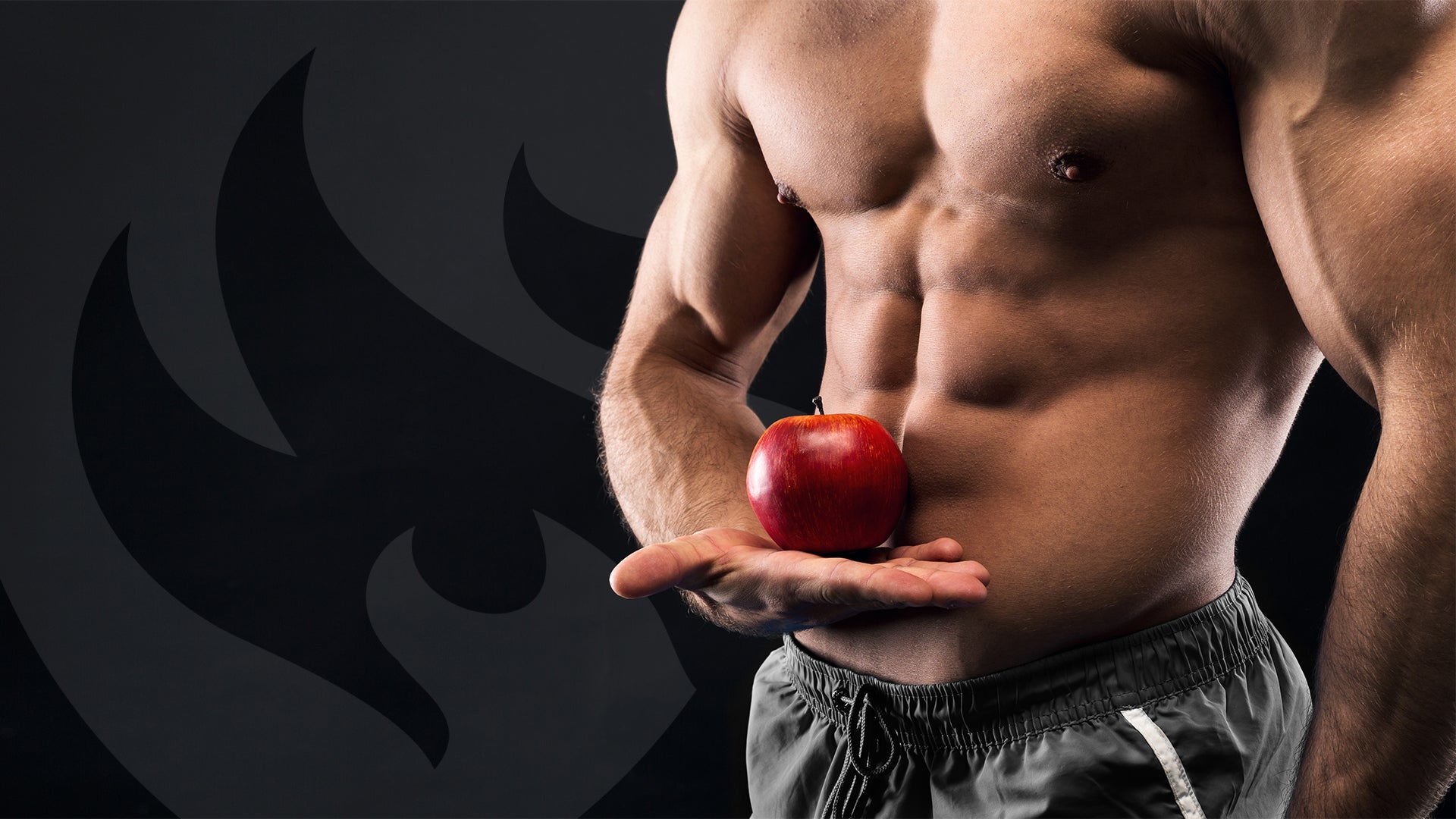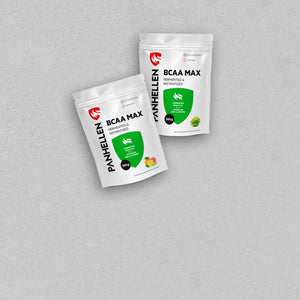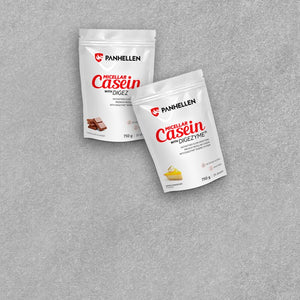The 5 most common mistakes you can make during the diet


There is so much information about dieting that it is often difficult to decide what is worth committing to and what is not. It takes time to experience what works best for our organization, but there are typical mistakes that make it particularly difficult to achieve the set goal.
We've brought you the 5 most common mistakes that you could easily make while dieting if you didn't do enough research.
1. Fasting
Many people think that the less they eat, the easier it will be to get rid of extra pounds. It is no coincidence that this is the most common mistake we hear from dieters, as it may seem logical at first, but it is actually far from the truth.
In fact, you achieve the exact opposite: due to too few nutrients, the body starts emergency reactions and stores everything instead of losing weight. Another disadvantage of fasting is that it also puts a strain on you psychologically, so there is a much higher chance that you will give up after a while and succumb to the compulsion to binge. In addition, due to the lack of nutrients, you will not have the strength to train, even though we know that regular training is also an important part of a balanced diet.
2. Too little vitamin and mineral intake
We often hear the question whether it is important to take certain vitamins and minerals during a diet, and our answer to this is: definitely yes!
When changing our lifestyle, we can expect that as we give up certain foods and ingredients or strictly limit their intake, less of the vitamins and minerals contained in them enter our body. It is worth supplementing these in the form of a dietary supplement.
Our ULTRAVITAMIN product is a great choice for vitamin supplementation, especially if your diet is complemented by regular sports: in addition to special indirect performance-enhancing active ingredients, it contains all the necessary vitamins, minerals and trace elements.
For a little extra help, try our other slimming products, Panhellen BEACH and Panhellen CARNITINE CARNIPURE !
3. Inadequate protein intake
In addition to adequate vitamin intake, sufficient protein intake is also an important cornerstone of a well-functioning diet. There are several reasons for this. First of all, due to the reduced nutrient intake, your body begins to break down not only fat, but also your muscles. And if you lose too much muscle while dieting, you may be faced with the fact that even though you managed to lose the targeted kilos, your body will not be tight and shapely enough.
Since muscle is made of protein, you can easily avoid this with adequate protein intake and ensure that your existing muscles do not start to lose weight while losing weight.
If you do sports, a daily intake of 1.5-2 g of protein per kilogram of body weight is recommended. Look around among our proteins and choose the one that fits your diet best!
4. Diet without exercise
Many people know the golden rule of diet, according to which only 30% of weight loss is sports, and the remaining 70% depends on food. However, this does not mean that sports are not necessary in the case of a diet.
The essence of losing weight is to develop a caloric deficit, and sport can be of great help in this. With regular exercise, it is not necessary to maintain such a strict and low-calorie diet, so we can typically maintain the diet for a longer period of time, in which there are fewer deprivations thanks to sports.
In addition, regular sports are not only essential for our health, but also recharge us mentally. We recommend that, if your health allows, you should definitely include at least 2-3 workouts per week in your diet.
5. Lightning diets
Many weight loss products promise significant weight loss almost overnight, all without giving up or exercising. However, you should never fall for them!
In this case, remember that it wasn't even two minutes until you took the extra weight on yourself, so it's natural that it won't be so easy to lose it either.
When it comes to diets, the key is always a balanced, calorie-deficient diet, regular exercise, plenty of fluids, and supplementing with the necessary nutrients, vitamins and minerals. Be patient with your body and don't expect miracles from "miracle drugs" and crash diets.













